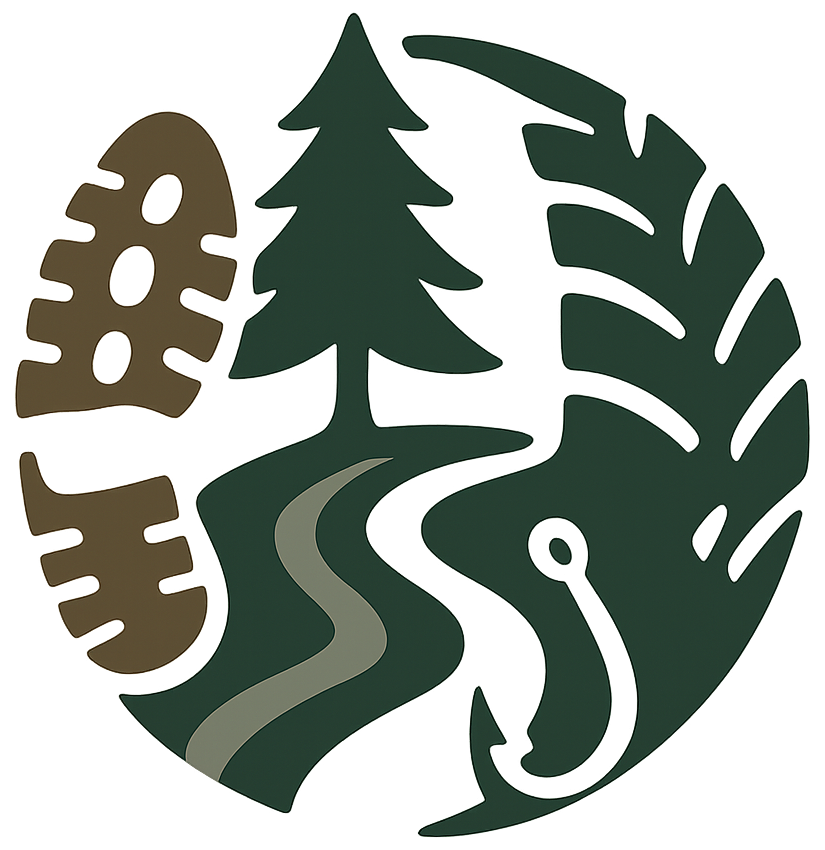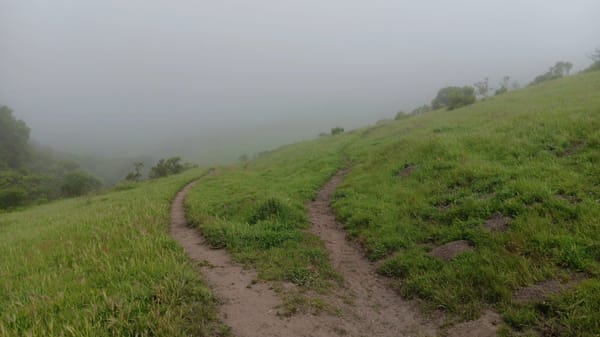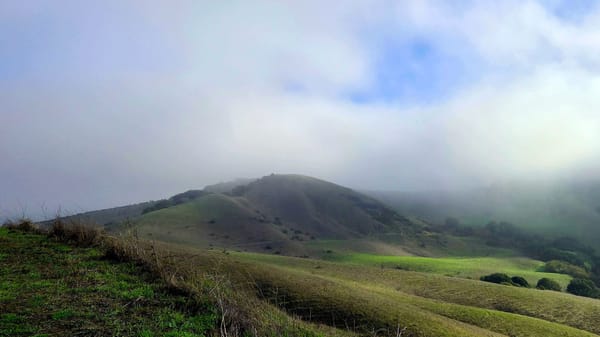Rebuilding Purpose After Trauma-Driven Achievement

I used to chase purpose like a drug. Not for recognition or applause, but for something quieter: acknowledgment that I existed, that I mattered.
For much of my life, purpose was driven by the need to prove my worth. Childhood trauma taught me that my value came from competence—achievement, excellence. Not for glory, but for basic acknowledgment that I deserved space in the world.
When you grow up with violence early and often, your nervous system learns that safety comes from being indispensable. Perfect. Beyond reproach. I carried that programming into every area of life. The purpose wasn't joy or connection; it was survival disguised as achievement.
That kind of purpose demanded I treat my body as secondary to the goal. Push through pain, dismiss fatigue, override signals that something was wrong. Sacrificing my actual wellbeing—that was really a form of self-abandonment and self-harm.
That purpose, rooted in trauma response, was unsustainable. It worked until it didn't. Until chronic illness forced a reckoning with what purpose actually meant when your body sets the terms.
When chronic illness took over, I had to rebuild purpose from the ground up. It no longer revolved around earning and performance. Instead, purpose became about living intentionally with my body's reality—not despite it.
Now purpose is smaller and somehow bigger. It's about embracing small victories, like hiking even on days when pain is present. Making conscious choices that honor both my limitations and my humanity. Finding meaning in showing up authentically rather than performing for acknowledgment.
Anticlimactic turns out to be sustainable in a way that trauma-driven achievement never was. Purpose rooted in self-respect rather than seeking acknowledgment doesn't require me to sacrifice my body to prove my worth.
→ Previous: 4.2 - Self-Care: Embracing Imperfection
→ Next: 4.4 - Thriving in Fullness: Owning Your Experience
→ Back: Series Four Landing Page
*Peer reflection, not therapy or medical advice. Your healing journey is uniquely yours.*






Member discussion